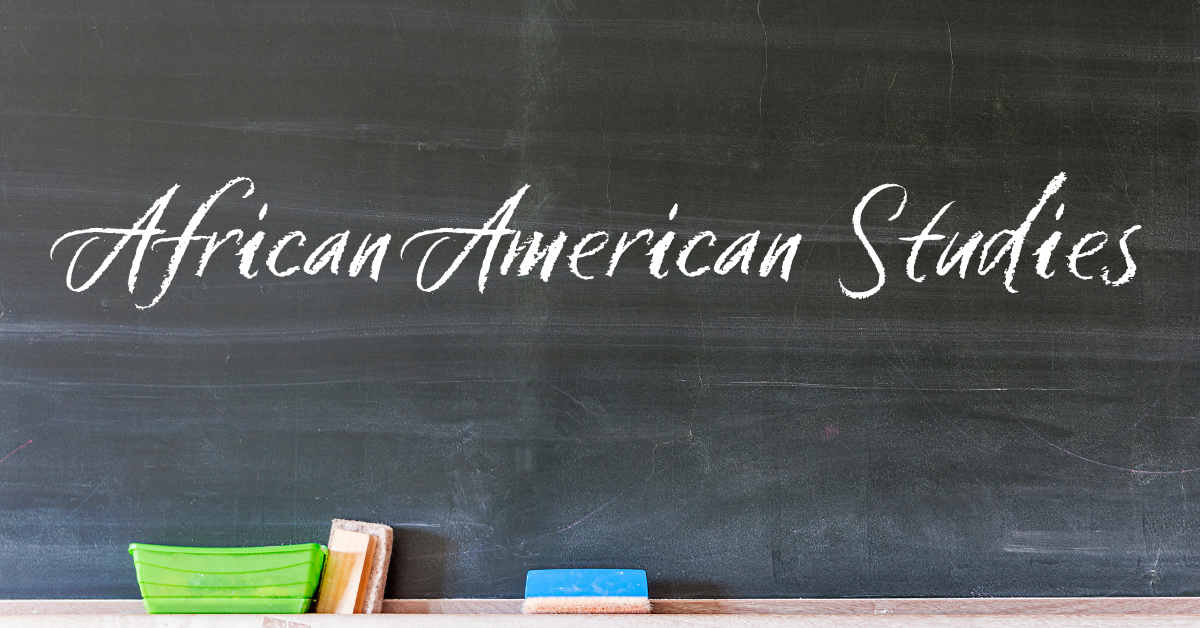NEW YORK – The National Coalition Against Censorship (NCAC) is an alliance of national nonprofit groups dedicated to protecting freedom of expression, including the rights of K-12 students, teachers, and staff. NCAC released the following statement to oppose the Arkansas Department of Education’s restrictions on Advanced Placement African American Studies.
On Saturday, August 12, the Arkansas Department of Education (DOE) announced that AP African American Studies would not be eligible for course credit toward statewide graduation requirements. According to the DOE, teaching AP African American Studies may be a violation of a new state law, the “LEARNS Act.”
The LEARNS Act, signed into law in March by Arkansas Governor Sarah Huckabee Sanders, bans “prohibited indoctrination,” which it defines as compelling a person to “adopt, affirm, or profess” certain ideas related to race. However, the law explicitly says that it “does not prohibit the discussion of [those] ideas and [their] history. . . .” Thus, the law only bans attempts to force adherence to those ideas. Therefore, the DOE has exceeded its authority in removing the AP African American Studies from the list of classes approved for credit.
The Arkansas DOE’s decision to reject AP African American Studies echoes a similarly ill-advised decision by the Florida Department of Education this past January, which NCAC also opposed.
NCAC urges the Arkansas DOE to restore the course to its approved list, giving its students every opportunity to learn about African American history.
About National Coalition Against Censorship
For almost 50 years, the National Coalition Against Censorship (NCAC) has been a first responder in protecting freedom of expression, a fundamental human right and a keystone of democracy. It represents 59 national nonprofit organizations, including literary, artistic, religious, educational, professional, labor, and civil liberties groups. NCAC works with people fighting censorship at the local level. It encourages and facilitates dialogue between diverse voices and perspectives, including those historically silenced.


